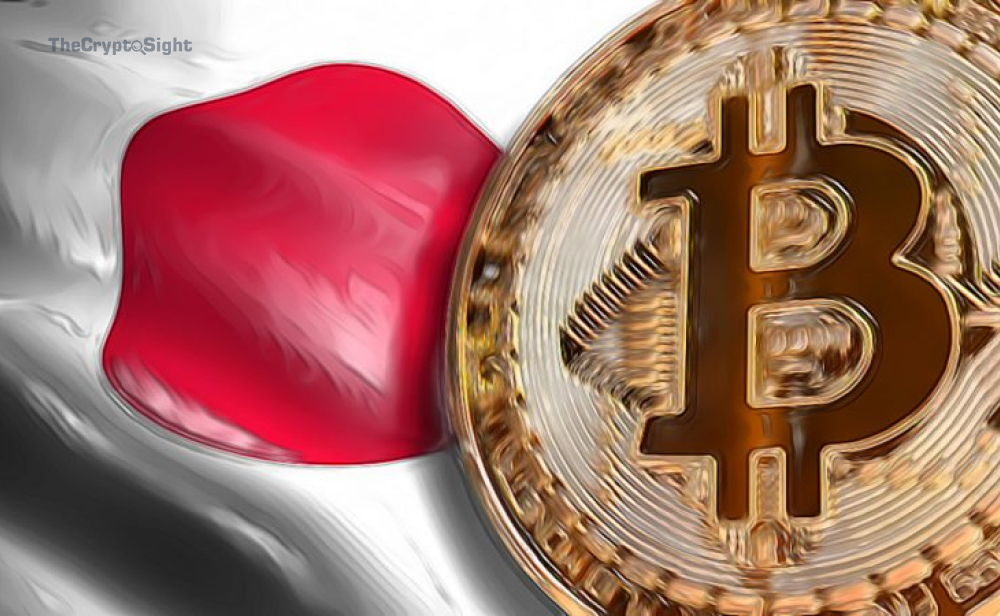
Japan-based crypto exchange Liquid reportedly disclosed details regarding its subsidiary arm – Quoine Corporation – completed the acquisition of a Type I Financial Instruments Business license.
Specifically, the freshly obtained license will reportedly be under the Financial Instruments and Exchange Act, issued by the Japanese governmental agencies in charge of regulations.
The regulatory green light will reportedly make it possible for Liquid to begin rolling out support for derivatives trading across its platform, as well as providing investment opportunities to both retail and institutional customers, despite a detailed timeline for releasing was yet to be revealed.
Established in 2014, Liquid is among the biggest crypto-fiat exchanges across the globe, with in excess of 800,000 customers and a reported highest day-to-day trade volume of $1.1 billion throughout 2021.
The platform reportedly functions under Japan’s Payment Services Act through Quoine Corporation, and has also submitted an application for a license with the Monetary Authority of Singapore.
“The Type 1 license issuance is the culmination of a great deal of preparation and collaboration by the entire Liquid team. It is also a validation that trading derivatives in crypto can be done in a compliant manner with full customer protections & transparency.” Liquid chief operating officer Seth Melamed reportedly remarked regarding the crucial nature of attaining regulation throughout the industry.
In mid-August 2021, Liquid reportedly suffered from a security attack on its hot wallets, which resulted in a $97 million sum in financial damage, although the firm was keen to stress that users’ wallet balances were not impacted by the hack.
Hot wallets such as MetaMask and Phantom are reportedly a means for storing and trading cryptocurrencies, which are perceived as more vulnerable to breaches, compared to the offline alternative of cold wallets.

Comments